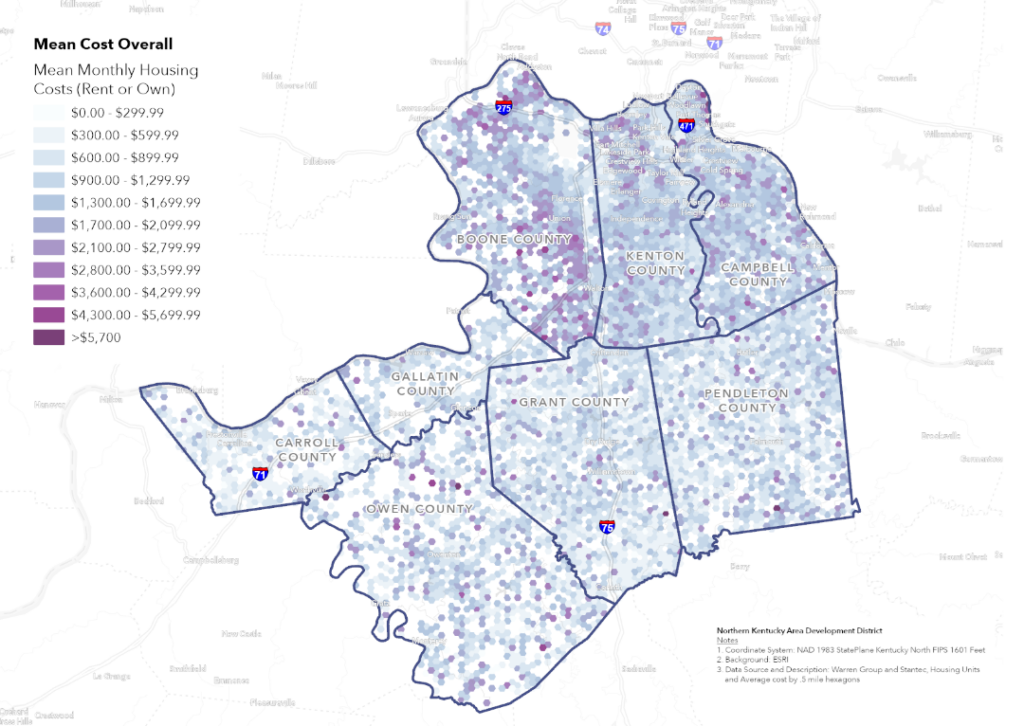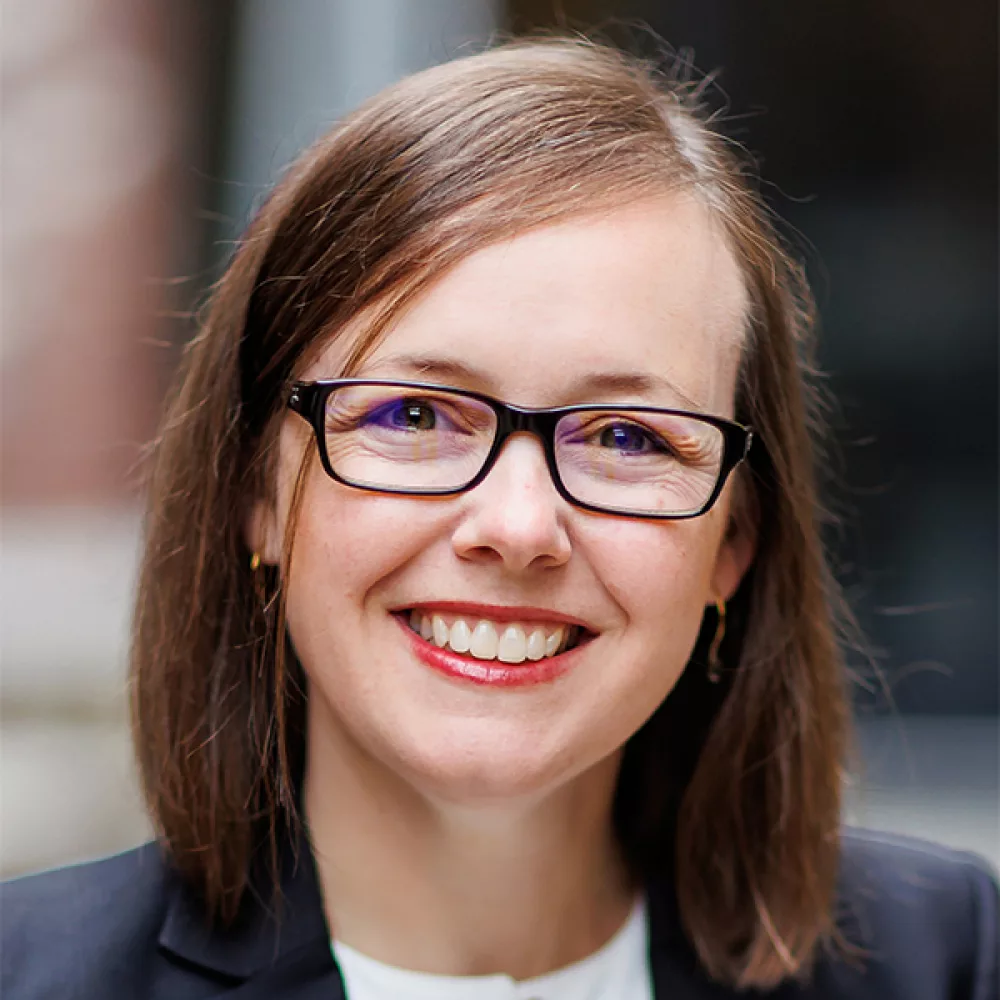While working at Stantec's Urban Places, CommunityScale team members executed a comprehensive and impartial analysis of housing deficiencies in Northern Kentucky. The client's scope covered 8 diverse counties, ranging from urban to rural landscapes, each having unique characteristics and requirements. Leveraging high-grade data sources such as ReplicaHQ, Census, ACS, PUMS, Warren Group, Woods & Poole, CoStar, Apartments.com, and Padmapper.com, we adopted a methodologically rigorous yet transparent approach to assess housing supply and demographic trends.
“There are multiple factors contributing to employers’ ability to attract and retain the workforce they need, and housing is one of those factors. I am excited to have data from this housing study because it provides an objective look at ways housing may be an obstacle for working-age individuals.”
Correy Eimer, Associate Director – Workforce, Northern Kentucky Area Development District/Director, Northern Kentucky Workforce Investment Board

Read the entire report on the NKADD website

Tara Johnson-Noem
Executive Director
Northern Kentucky Area Development District
“Working with CommunityScale team members changed the regional conversation around housing. Their accurate and data-driven approach opened the door for inclusion of housing as a component of our economic and workforce development strategies. The team delivered a report that was timely and well received by the funders and community stakeholders. We highly recommend them for housing needs assessments.”
Employment growth is surpassing the availability of workforce housing in the NKADD region. Our data-driven analysis suggests a substantial increase in the production of 1- and 2-bedroom units along with more income-aligned units. While housing production over the past 5 years has catered mainly to traditional family households, the upcoming 5 years should also consider singles and couples, including younger workers and seniors looking to downsize. The region needs 6,650 more housing units in total; 3,260 of these should offer monthly rates of $500 to $1,500 to accommodate those earning between $15 and $25 per hour, and 4,220 units should be one- or two-bedroom units, reflecting the changing demographics and preferences.
